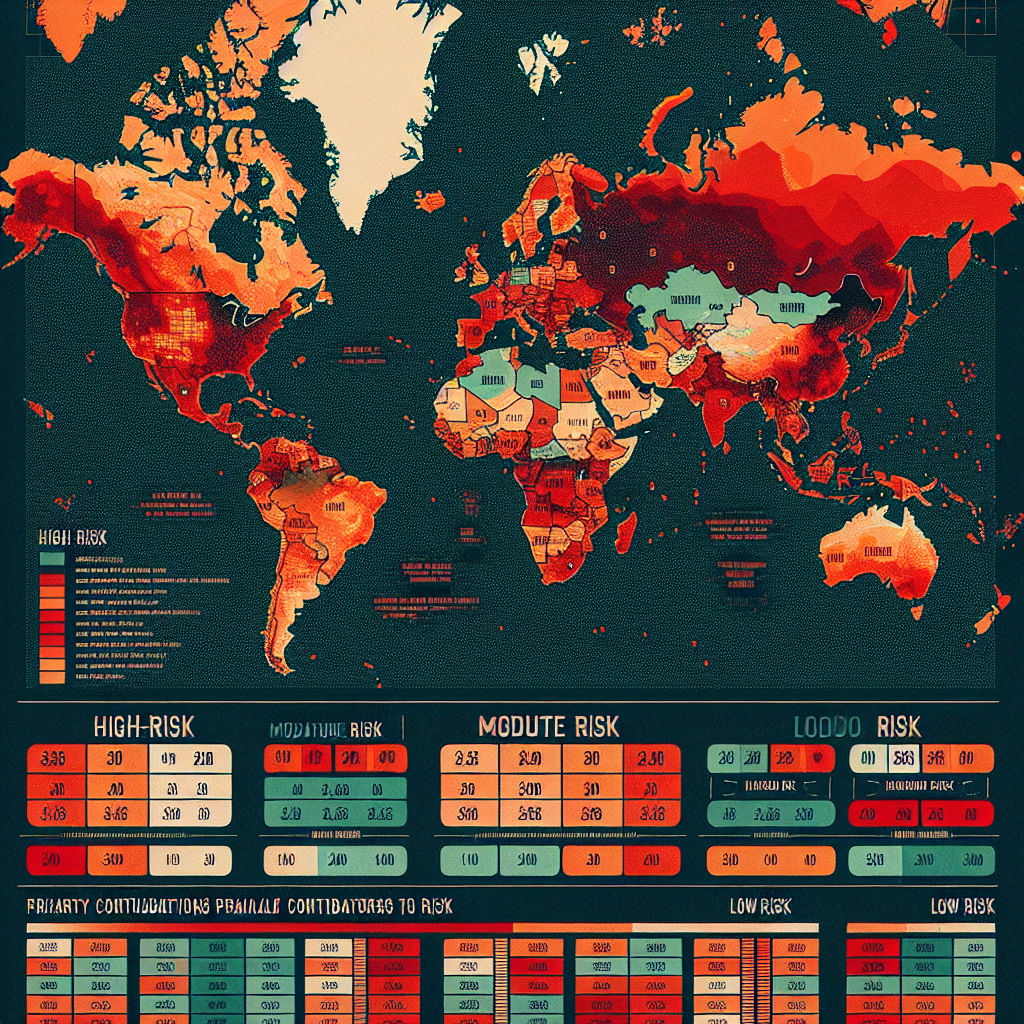Nations at High Security and Health Risk in 2025 Unveiled
Nations at High Security and Health Risk in 2025 Unveiled
Introduction
As the world navigates an increasingly complex landscape of security and health challenges, a recent report has identified nations that are expected to face significant risks by 2025. This analysis provides a comprehensive overview of the countries most vulnerable to these threats, highlighting the factors contributing to their precarious positions.
Key Risk Factors
The report outlines several critical factors that contribute to the heightened security and health risks in these nations:
- Political Instability: Ongoing conflicts and governance issues exacerbate vulnerabilities.
- Economic Challenges: Struggling economies hinder the ability to address health and security needs.
- Climate Change: Environmental changes increase the frequency and severity of natural disasters.
- Public Health Infrastructure: Weak healthcare systems are ill-equipped to handle pandemics and other health crises.
Countries at Risk
The report identifies several nations that are particularly at risk due to the aforementioned factors:
- Yemen: Prolonged conflict and humanitarian crises continue to devastate the nation.
- Afghanistan: Political turmoil and economic instability pose significant challenges.
- Sudan: Climate change and political unrest contribute to its vulnerability.
- Haiti: Natural disasters and weak governance exacerbate health and security risks.
Global Implications
The report emphasizes the broader implications of these risks, noting that instability in these nations can have far-reaching effects:
- Migration Pressures: Increased displacement may lead to regional and global migration challenges.
- International Security: Unstable regions can become breeding grounds for terrorism and organized crime.
- Economic Impact: Global markets may be affected by disruptions in these vulnerable areas.
Conclusion
In summary, the report highlights the urgent need for international cooperation and proactive measures to address the security and health risks facing these nations. By understanding and mitigating these challenges, the global community can work towards a more stable and secure future.

















